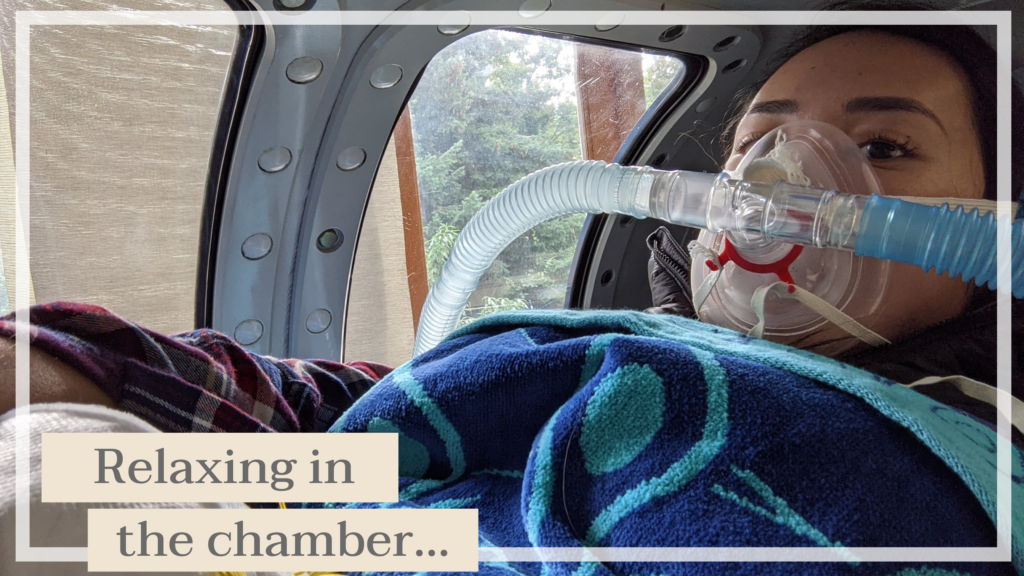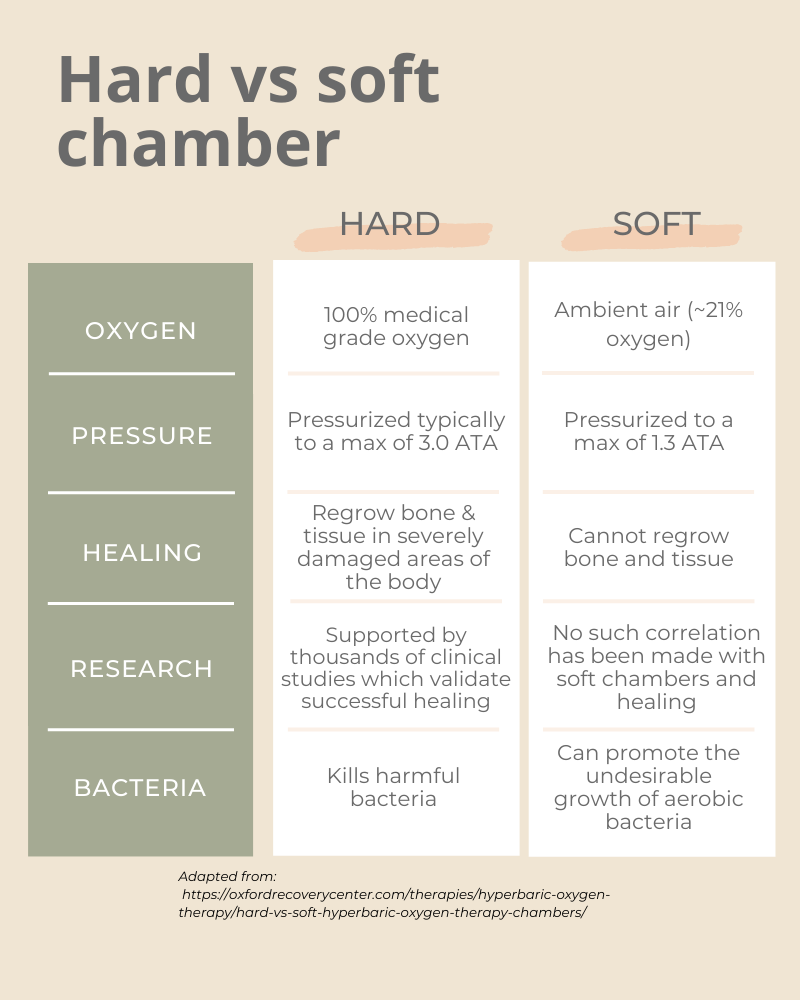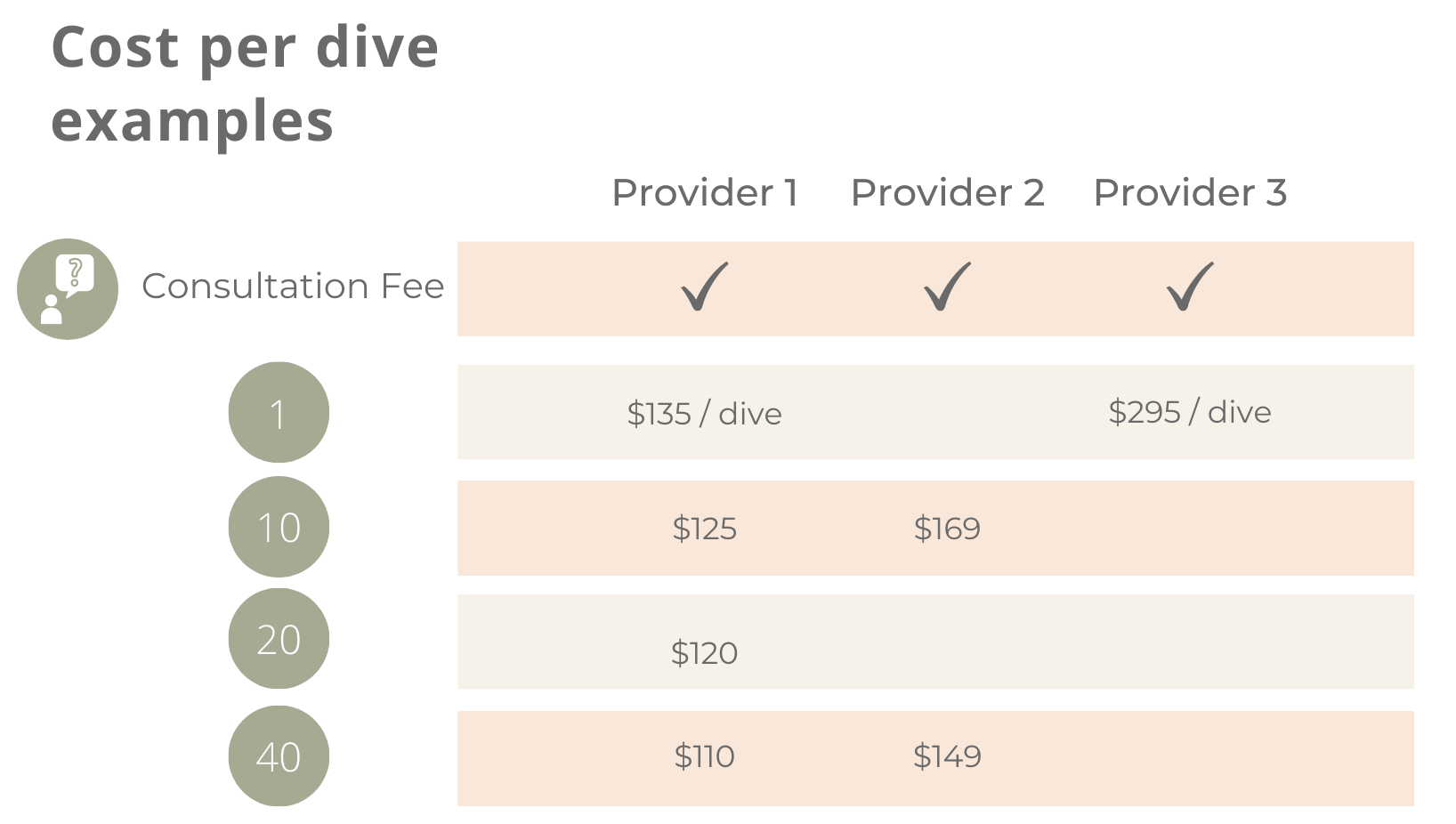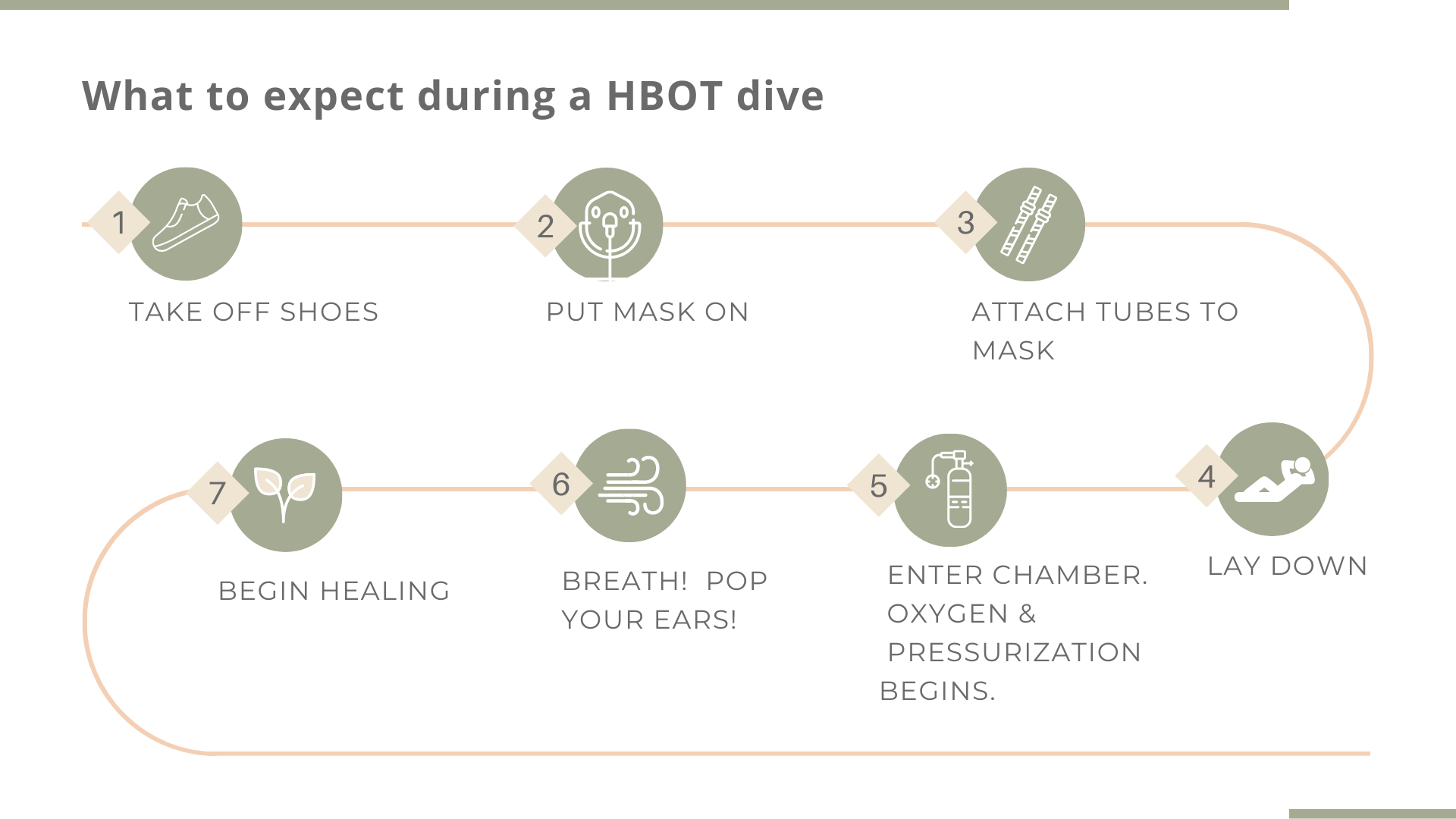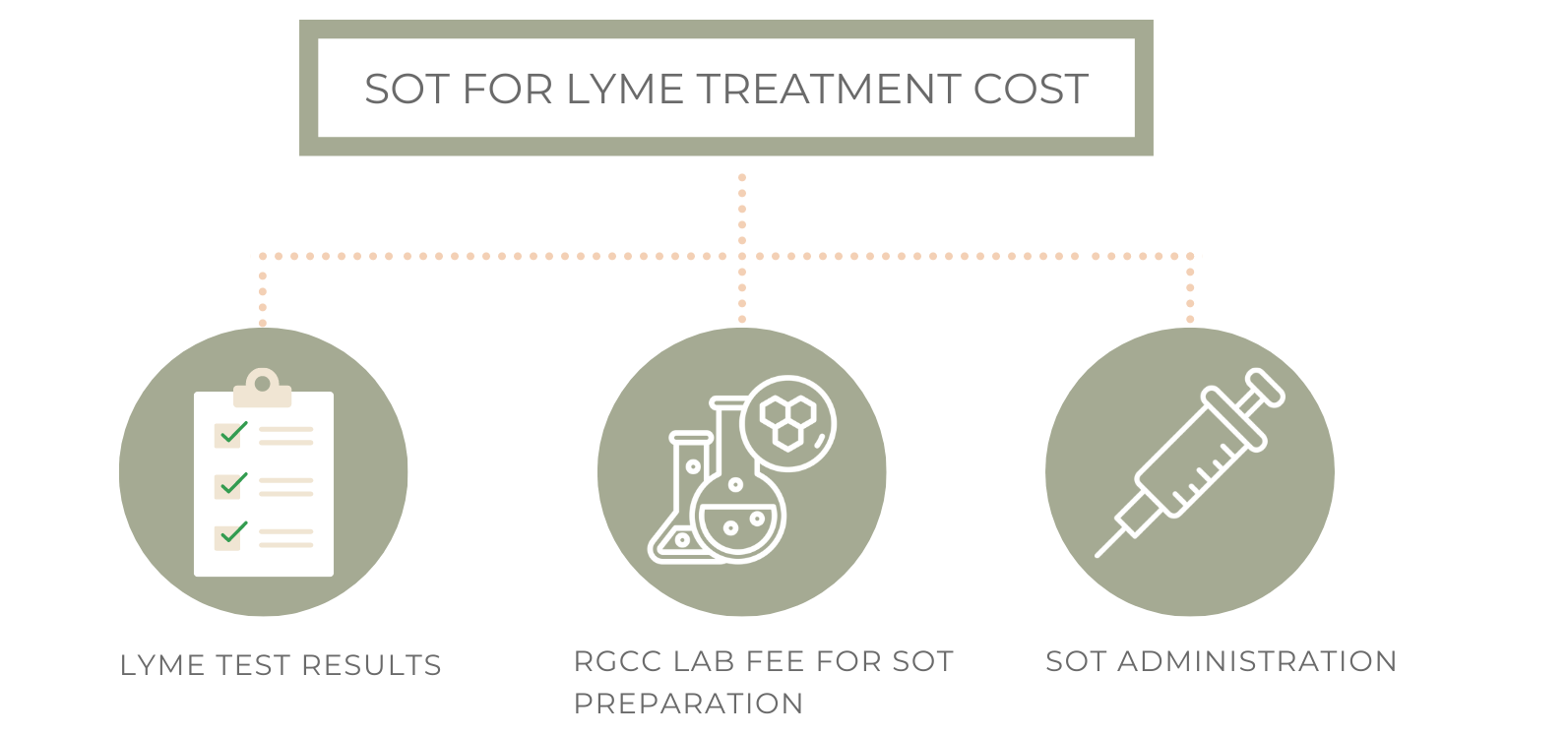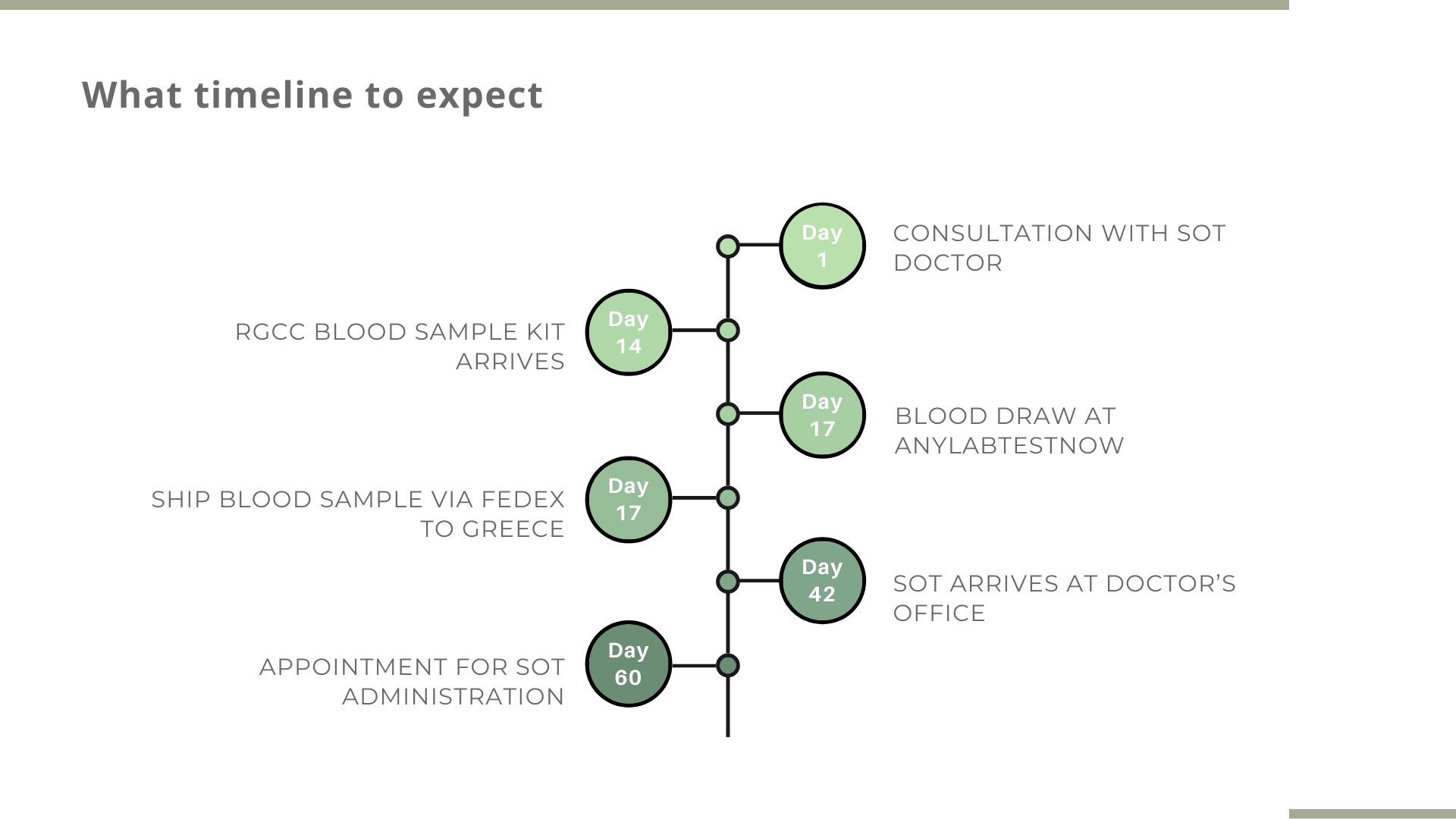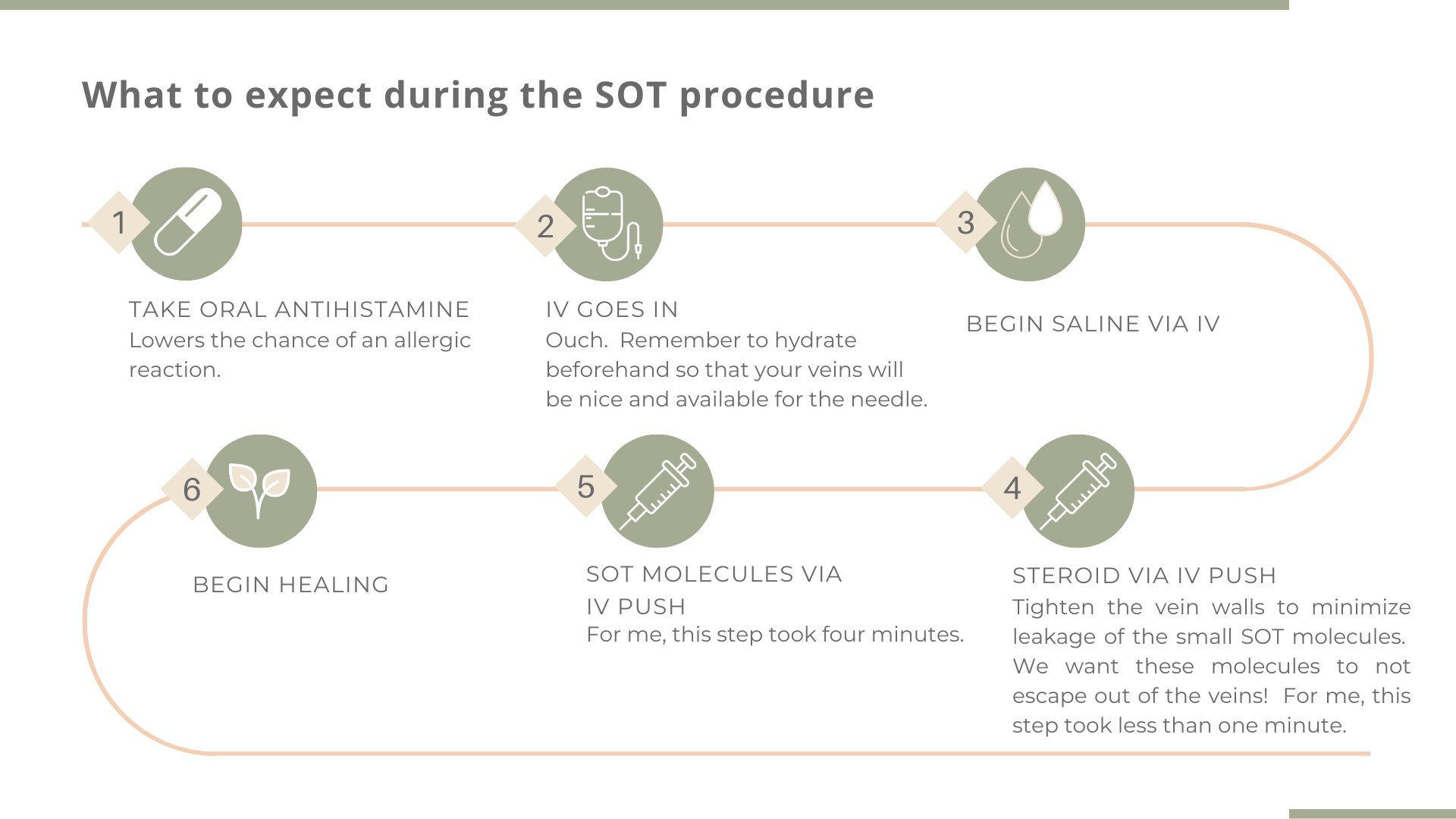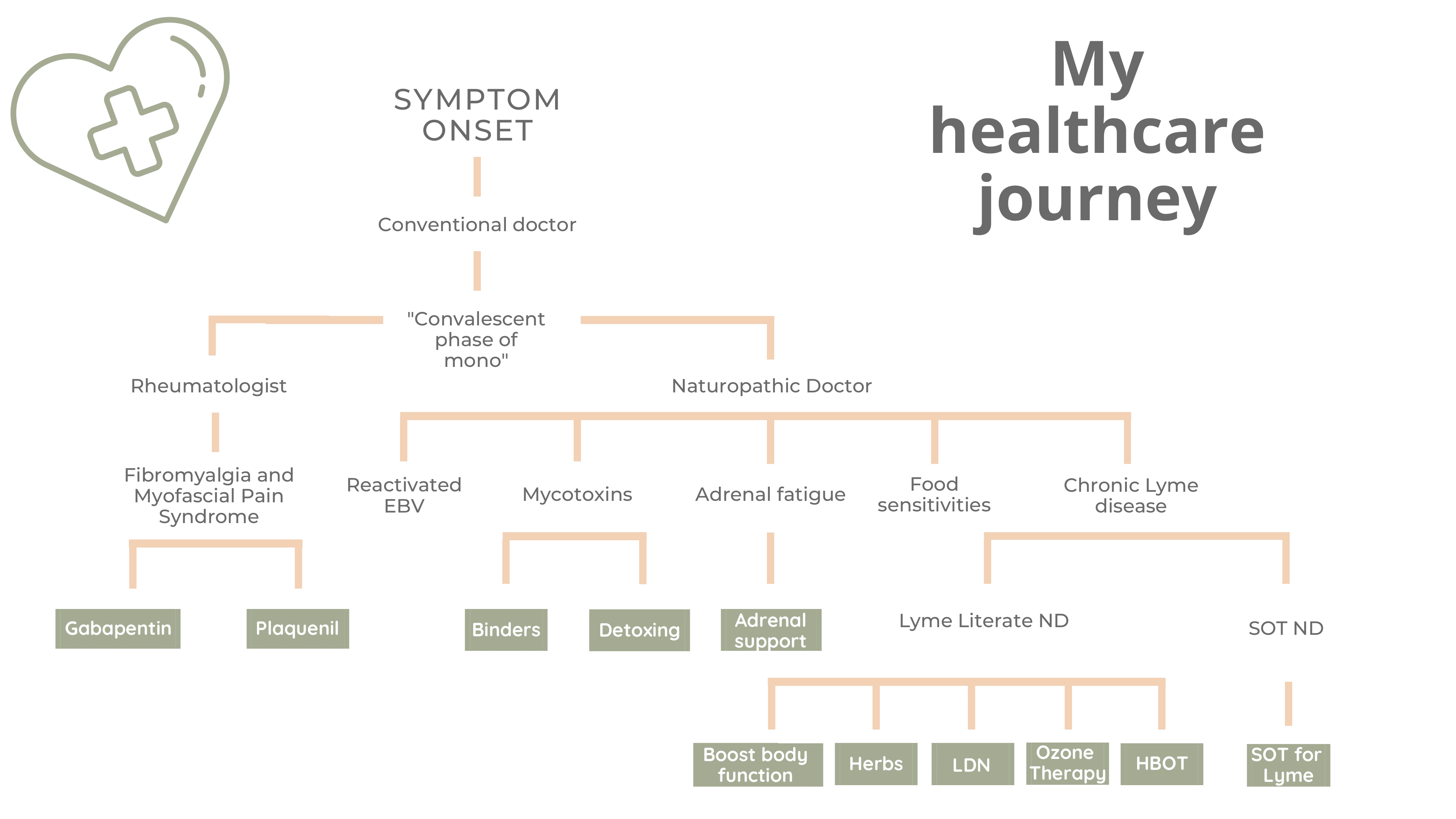Up until my recent health issues, I did not know much about naturopathic (or functional) medicine. A lot of people dismiss its effectiveness and don’t consider it an option compared to the type of doctors and care we are accustomed to in conventional medicine. But, as I’ve come to discover firsthand, conventional healthcare does not pair well with uncovering and overcoming chronic illness. See my other post here on my health journey using both the holistic and conventional routes.
What is naturopathic healthcare?
Naturopathic medicine does not necessarily mean only natural treatments are considered. Traditional treatments, such as prescription medicine, can still be considered if needed. Naturopathic care considers more treatment options in addition to traditional care, and emphasizes the body’s own healing abilities and identifying the root cause of illness.
For example, my naturopathic doctor prescribed me Valtrex, as it may inhibit the replication of the Epstein-Barr virus, and we considered an SSRI to increase serotonin levels in the brain. The goal was to not rely on these medicines long term. Ideally my body and immune system should be able to fight and get itself out of the ditch it is in, but if there really is no improvement, then it is time to consider throwing a ladder in there for some temporary assistance.
Naturopathic medicine strives for holistic healing. The whole person, including the body, mind, and spirit, are considered. Each person and their health is unique, and it is important to not treat as if the patient is just an average person, or some statistic you read about.
The six principles of naturopathic medicine are:
- First Do No Harm
Core to all medical practice is the desire to help the human form and condition. NDs (naturopathic doctors) typically approach care by utilizing the most natural, least invasive and least toxic therapies. NDs will refer when the patient’s presentation is outside their scope or level of skill. - The Healing Power of Nature
NDs recognize the value of our natural world in assisting the healing process. Not only do NDs utilize substances that originate in nature, but they also incorporate a healthy natural environment as foundational to human health. NDs recognize and harness the body’s inherent wisdom to heal itself in order to guide patients to wellness and total health. - Identify and Treat the Causes
There is a time and place for symptom suppression, however most naturopathic patients will benefit from identifying the underlying causes of illness and removing obstacles to cure. - Doctor as Teacher
Naturopathic doctors elevate patient health literacy. That means that NDs are part of the team helping patients have a better understanding of what it takes to be and stay well. Through education and a trust-based relationship, patients better understand the steps they need to take to achieve and maintain health. - Treat the Whole Person
NDs understand the interconnectedness of our body, our environment and our lifestyle on total health. It is only through this whole-person-based approach that NDs seek to restore balance and health. - Prevention
Naturopathic medicine affirms that it is better to prevent illness and suffering whenever possible. Through their comprehensive practice, NDs combine all six principles in order to identify potential areas of imbalance and teach patients how to get well and stay well.
What is conventional medicine?
Did you know that the origins of conventional medicine is based on infectious disease or health emergencies? The premise was: Find the bug that caused the issue, and develop a drug just for that purpose. Which is fine for acute care, but what about some chronic illnesses? What about restoring the proper balance and function of all your body and the systems within it?
The conventional medicine approach to chronic illness, whether that be hypertension or chronic fatigue or something else, is to identify the dominant symptom the patient is suffering from, and to take a drug to treat this dominant symptom. In other words, treat the effect of the illness, and not the ultimate cause. Continuing to take drugs to mask a symptom means that you never quite get over a chronic illness, regardless of what drug it is you are taking. It simply persists, and potentially can get worse.
It’s true that there is a need for drugs in chronic illness — they can definitely help manage symptoms. Another example is if Lyme disease is caught early, then antibiotics are more effective. But, its probably best to use fewer medications, for a shorter period of time. It gets tricky when multiple drugs are prescribed to treat various dominant symptoms. Combining multiple drugs and their ranges of side effects that may not emerge until long-term use, is a real risk.

I’m not saying conventional medicine is all bad! But, I’ve learned that there are specific scenarios where its care will absolutely address the issue, and those scenarios unfortunately do not include struggles with Reactivated Epstein-Barr / Chronic Lyme Disease / Fibromyalgia / Chronic Fatigue / Adrenal Fatigue / mold toxicity.
How do appointment lengths differ?
With the exception of my initial intake appointment with the rheumatologist, my visits with conventional care doctors typically last 15 minutes, at a maximum. I think we can all agree that appointments always feel rushed!
My naturopathic doctor visits last 30 – 45 minutes. This is consistent across the three NDs I’ve seen in the past year. Having said that…there’ve been many cases where I wait a while because they tend to run behind – my guess is because they are spending so much time with their patients and run over their appointment time!
Will insurance pay for naturopathic healthcare providers?
It really depends on your insurance plan. I was fortunate in that my plan has great coverage and considers naturopathic doctor visits no different than any other preventative care visit at the conventional doctor.
In terms of bloodwork and labs, most basic labs were covered by my plan. My ND was transparent when first bringing up a test, mentioning how much it usually costs. What was not covered in my plan? Adrenal testing, specialized Lyme testing, mold testing.
Something else to keep in mind is there’s a possibility that the naturopathic practice will require additional out-of-pocket payment in the form of a concierge fee.
What is a “concierge” model?
Conventional doctors tend to spend a short time with patients due to the amount of insurance reimbursement they will receive. As mentioned above, a naturopathic doctor spends much more time on average with each patient, even supporting patients outside of the office, including answering questions, discussing and brainstorming treatment options with other NDs. Unfortunately, insurance companies aren’t keen on spending more than the absolute minimum. So, the naturopathic doctor may charge a membership fee to provide this comprehensive care.
With the first ND I saw, their concierge model was either a monthly membership fee, or a per-visit fee. The membership included:
- Direct access to our doctors: email/pager access
- Monthly InBody BIA analysis
- Six B12 injections
- Free shipping from online dispensary
- Priority scheduling with your physician
- Same-day appointments if needed or within 48 hours
- Discounted lab work and other services
Different membership tiers were offered. Keep in mind that all practices will be different! I wanted to include my experience as an example.
I personally appreciated the ability to call my ND’s direct voicemail, leave a message, and she would return my call the next day, sometimes just later that same day. I’ve tried to connect with my ‘primary care provider’ with a conventional practice before in the past, and it is less direct of an experience — usually getting connected with the nurse practitioner instead.
Here’s a comparison of the care I’ve received for a bad, prolonged cough (at different times):
- Conventional: prescribed codeine cough syrup
- Naturopathic: prescribed codeine cough syrup, bronchial tincture, and used a nebulizer (with garlic)
I do want to reiterate that just because you’ve found a doctor who provides naturopathic care, doesn’t mean you shouldn’t still look for a good fit! And that goes the same the other way too — maybe you’ve found a great conventional care doctor who tries to get the root cause of the issue. It’s overall still important to find a good match and find a provider who is experienced, knowledgeable, will listen, and displays empathy.
What are your experiences with naturopathic vs conventional healthcare? I would love to hear about it.


